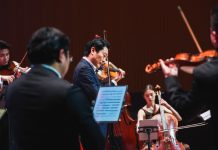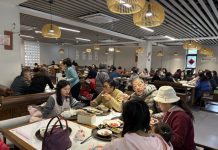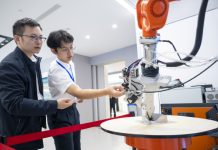Hangzhou: Authorities in the wealthy coastal province of Zhejiang released a circular earlier this month to make it easier for non-locals to acquire permanent residency in most parts of the province.
Experts said the move was in line with China’s long-standing policy to promote the free movement of workers, and in the process downplay the restrictive roles played by the hukou, or household registration system.
The six-part circular, published online on July 3 by the provincial government, said it is poised to abolish restrictive policies related to residency applications in all of the province’s cities except for the provincial capital Hangzhou, a populous first-tier city that is home to e-commerce giant Alibaba. The document said the move is aimed at ensuring that workers from outside the province, especially those from rural regions, will be treated just like their local competitors in vying for urban residency, which is closely tied to public services in fields including education, healthcare and jobless benefits.
“In fact, the move to relax such restrictions in small and medium-sized cities has existed for a long time,” said Guan Xinping, director of the Institute of Social Construction and Management of Nankai University in Tianjin.\ He said that the rule change helps promote the free movement of people according to market demand, which benefits the country’s economic growth.
According to media reports, places including Jiangxi, Hubei and Heilongjiang provinces have published similar policies.
Normally, the social security costs for out-of-towners, including pensions, are covered by authorities in their hometowns. By giving non-local employees permanent residency, the financial obligations will shift as well.
Guan, an expert of the country’s welfare system, said the new rules mean more responsibilities for authorities in Zhejiang, a major manufacturing hub and a destination for migrant workers. “Zhejiang is one of the most economically vibrant provinces. The urban-rural gap is among the narrowest nationwide, and therefore has the ability and conditions to relax the restriction,” he explained. –The Daily Mail-China Daily news exchange item






